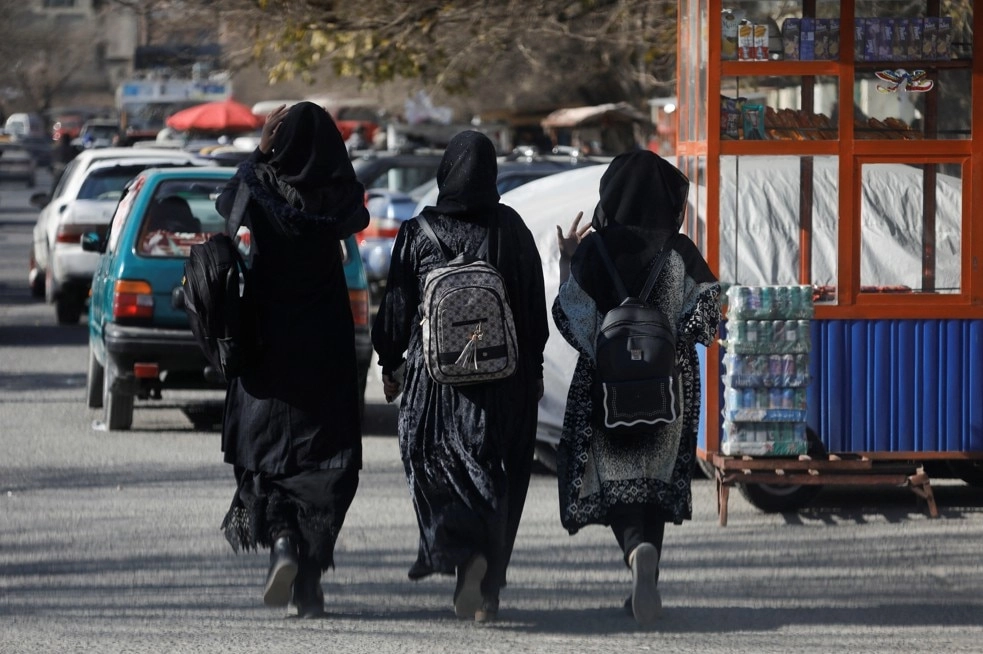In recent years, a new social phenomenon has emerged in Nepal, capturing the attention of both local and international media: the rise of the so-called “Nepo Kids.” This term refers to the offspring of wealthy and influential families who often flaunt their affluence through extravagant lifestyles, showcasing designer handbags, luxury cars, and opulent vacations. These young individuals have become prominent figures on social media, where they curate a glamorous online presence that reflects their privileged upbringing. As they post pictures featuring high-end brands and exclusive events, they have inadvertently sparked conversations about class disparity, societal values, and the impact of wealth on youth culture in Nepal.
The allure of designer handbags and luxury cars is not merely about material possessions; it represents a status symbol that many aspire to attain. For the Nepo Kids, these items serve as tangible manifestations of their family’s success and social standing. However, this obsession with luxury often raises questions about the implications of such a lifestyle. Critics argue that the focus on wealth and materialism can overshadow the importance of hard work, education, and community engagement. As these young individuals bask in the glow of their privilege, they may inadvertently perpetuate a culture that values possessions over personal growth and societal contribution.
Moreover, the Nepo Kids phenomenon sheds light on the broader socio-economic landscape of Nepal. While a small segment of the population enjoys unprecedented wealth, a significant portion of society continues to grapple with poverty and limited opportunities. The stark contrast between the lives of the affluent and the struggles of everyday citizens fuels resentment and social tension. As these young elites indulge in their lavish lifestyles, it becomes crucial for them to acknowledge their privilege and consider how they can leverage their resources for positive change. Engaging in philanthropy, supporting local businesses, and championing social causes could help bridge the gap between their world and that of the less fortunate.
In conclusion, the lives of Nepal’s Nepo Kids offer a glimpse into a world of luxury and privilege, but they also raise important questions about values, responsibility, and the role of wealth in society. As this phenomenon continues to evolve, it is essential for these young individuals to reflect on their influence and the legacy they wish to create. By embracing a more holistic approach to their wealth—one that includes empathy, social responsibility, and a commitment to uplift others—they can transform their status from mere opulence into a force for good within their communities. Ultimately, the true measure of success lies not in the accumulation of luxury goods, but in the positive impact one can have on the world around them.




